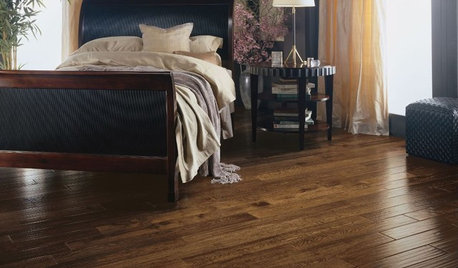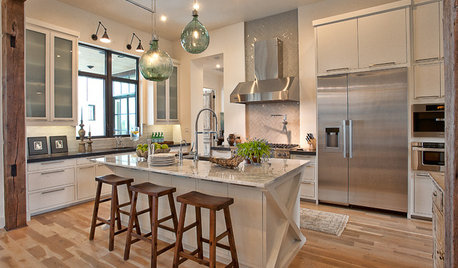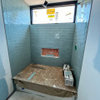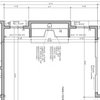New Build floors uneven
Suzanne Pekarek
4 years ago
Featured Answer
Sort by:Oldest
Comments (31)
Gerry
4 years agoRelated Professionals
Saint Andrews Architects & Building Designers · Conroe Home Builders · Tustin Home Builders · Orangevale General Contractors · Wareham Interior Designers & Decorators · Town and Country Architects & Building Designers · Boston Furniture & Accessories · Longview General Contractors · North Chicago Architects & Building Designers · Clive General Contractors · Leon Valley General Contractors · Palestine General Contractors · West Whittier-Los Nietos General Contractors · Caledonia Interior Designers & Decorators · Simpsonville Landscape Architects & Landscape Designersrobin0919
4 years agomillworkman
4 years agoCharles Ross Homes
4 years agoGreenDesigns
4 years agoCharles Ross Homes
4 years agotqtqtbw
4 years agoPatricia Colwell Consulting
4 years agoJoseph Corlett, LLC
4 years agoCharles Ross Homes
4 years agoVirgil Carter Fine Art
4 years agoAnne Duke
4 years agorobin0919
4 years agomillworkman
4 years agosheepla
4 years agodan1888
4 years agoJoseph Corlett, LLC
4 years agoCharles Ross Homes
4 years agoworthy
4 years agorobin0919
4 years agoAnne Duke
4 years agoMark Bischak, Architect
4 years agoDiana Bier Interiors, LLC
4 years agoCharles Ross Homes
4 years agoDiana Bier Interiors, LLC
4 years agoCharles Ross Homes
4 years agoSuzanne Pekarek
4 years agoCharles Ross Homes
4 years agoalpf_09
4 years agoJessica Lis
2 years ago
Related Stories

LATEST NEWS FOR PROFESSIONALSWisconsin Flooring Firm Builds a Local Legacy of Giving Back
Floor360 has made its makeovers for nonprofit groups central to its work and the local design community
Full Story0

REMODELING GUIDESYour Floor: An Introduction to Solid-Plank Wood Floors
Get the Pros and Cons of Oak, Ash, Pine, Maple and Solid Bamboo
Full Story
CONTRACTOR TIPSBuilding Permits: What to Know About Green Building and Energy Codes
In Part 4 of our series examining the residential permit process, we review typical green building and energy code requirements
Full Story
ECLECTIC HOMESHouzz Tour: A New Chapter for a Storied Chicago Building
Al Capone may have once run the joint, but this top-floor unit had lost its character — until an interior designer moved in
Full Story
GREEN BUILDINGConsidering Concrete Floors? 3 Green-Minded Questions to Ask
Learn what’s in your concrete and about sustainability to make a healthy choice for your home and the earth
Full Story
KITCHEN DESIGNEcofriendly Kitchen: How to Choose Flooring
Conserve natural resources and your long-term finances by choosing kitchen flooring materials with durability and beauty
Full Story
LATEST NEWS FOR PROFESSIONALSProducts and Trends at The Buildings Show 2019 in Toronto
Editor Erin Carlyle shares some of the highlights from education sessions and the trade show floor in this webinar
Full Story
MATERIALS5 Sustainable Flooring Materials to Consider for Your Home
If you’re seeking style, durability and sustainability, these materials are worth a look
Full Story
BATHROOM DESIGNGreen and Clean: Ecofriendly Bath Floors
Foot-massaging pebble tile, beautiful recycled glass and more can help make your bathroom beautiful and earth friendly
Full Story








Flo Mangan